Ranked! The 100 best football stadiums in Britain
From Anfield to Oakwell, FFT ranks the best football stadiums by their matchday experience. We’re convinced there’ll be absolutely no arguing about it...
80. St James Park
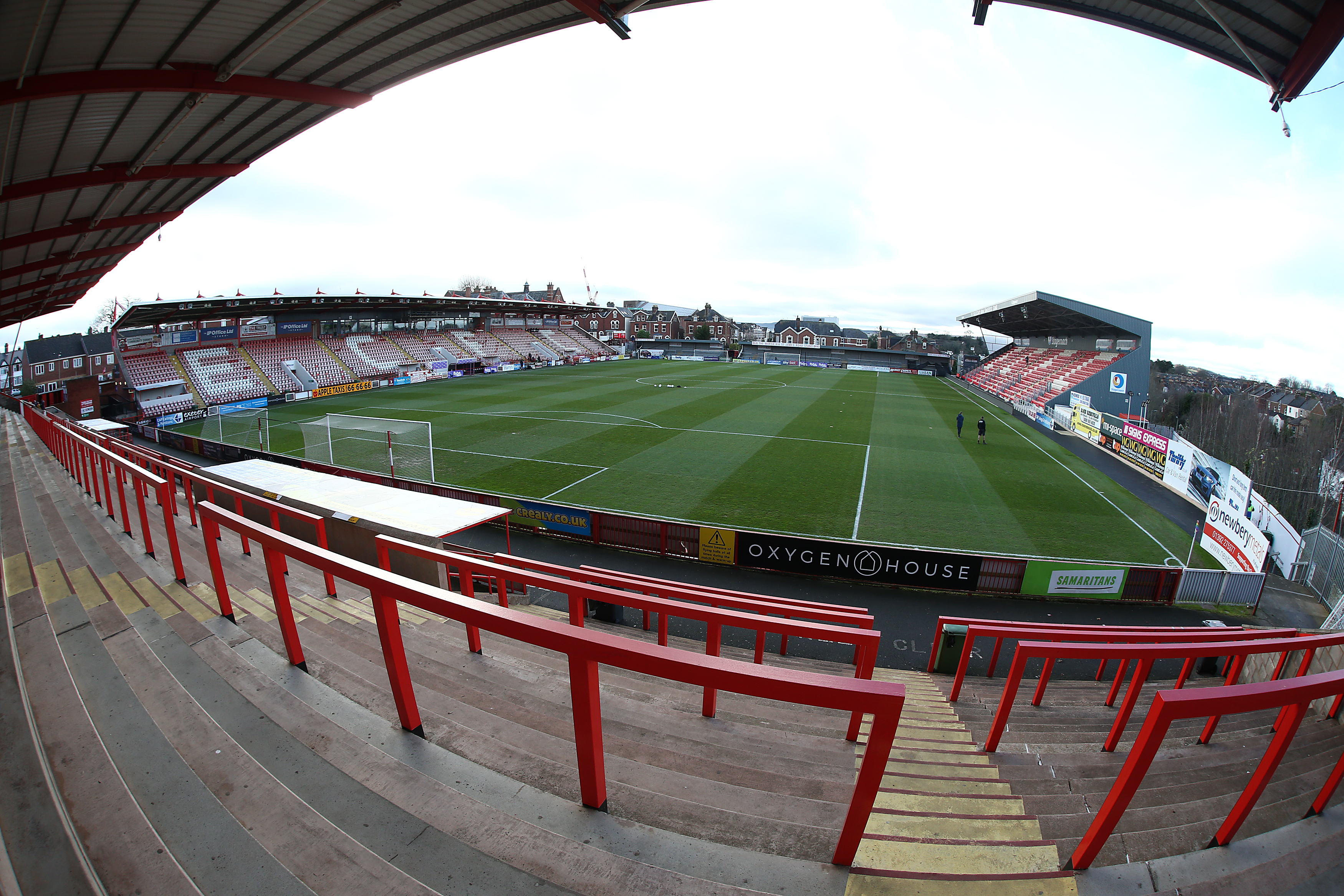
Exeter City
Capacity 8,696
Opened 1904
Framed by elegant houses, packed in by roads and the railway, it combines the throwback of a large open terrace with more modern features – including the £3.4m Stagecoach Adam Stansfield Stand, which was completed in 2018.
WEIRDEST MOMENT Pop god Michael Jackson visited in 2002 with magician David Blaine and his friend Uri Geller, who was then Exeter’s joint chairman.
79. Liberty Stadium
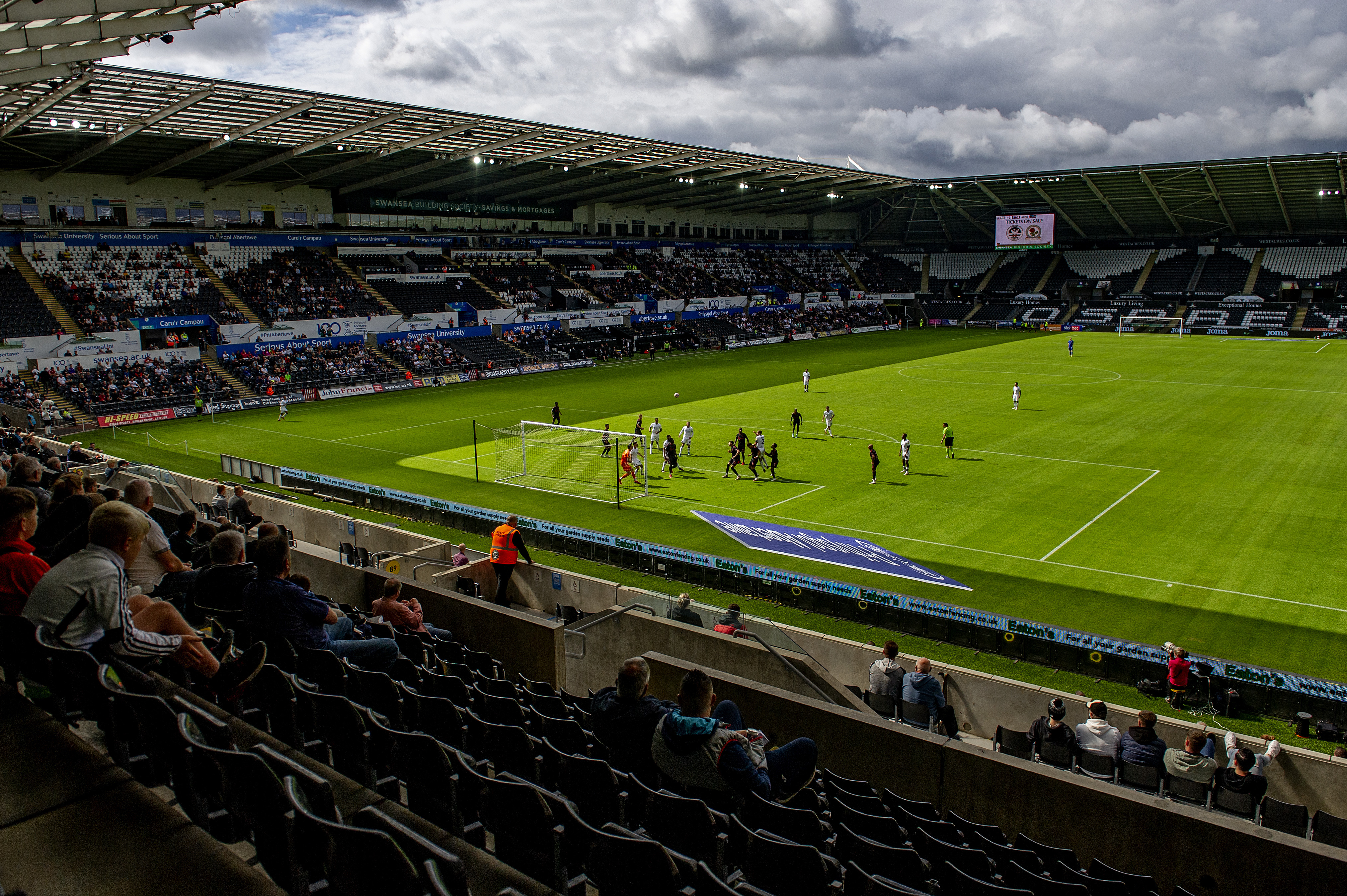
Swansea City
Capacity 21,088
Get FourFourTwo Newsletter
The best features, fun and footballing quizzes, straight to your inbox every week.
Opened 2005
The Liberty sways when Swansea are winning. Tucked away in picturesque surroundings, the Swans’ sphere is somewhat identikit – but it’s had classic moments and huge scalps since opening in 2005.
WEIRDEST MOMENT An elderly lady giving two fingers to protestors at a UKIP rally, staged at the Liberty in 2014. Still less aggro than when Cardiff visit, mind.
78. Cardiff City Stadium
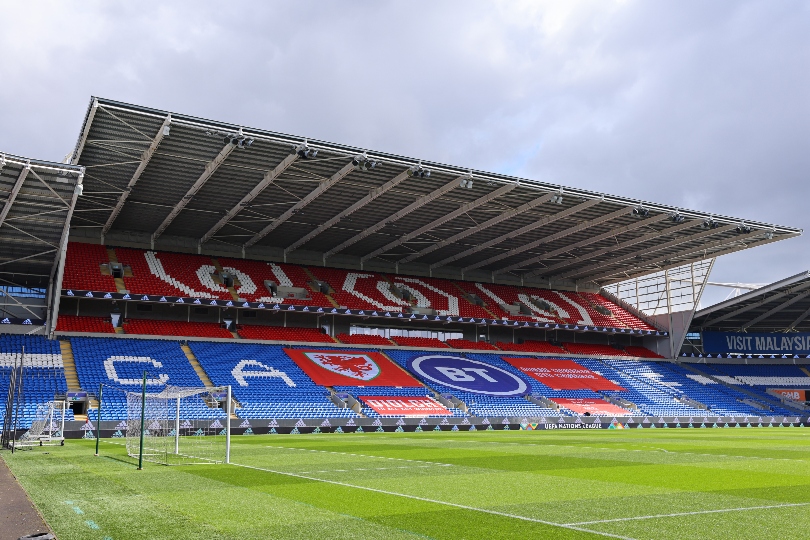
Cardiff City
Capacity 33,280
Opened 2009
Despite having the dullest of names, Cardiff City’s current home – built on a site adjacent to their old Ninian Park ground – is a terrifically noisy place when filled with passionate Bluebirds. But it took on an extra dimension when homeboy Gareth Bale led out the national side there.
DID YOU KNOW? Jay Bothroyd scored the first goal at the stadium, in a pre-season friendly against non-league Chasetown.
77. Gayfield Park
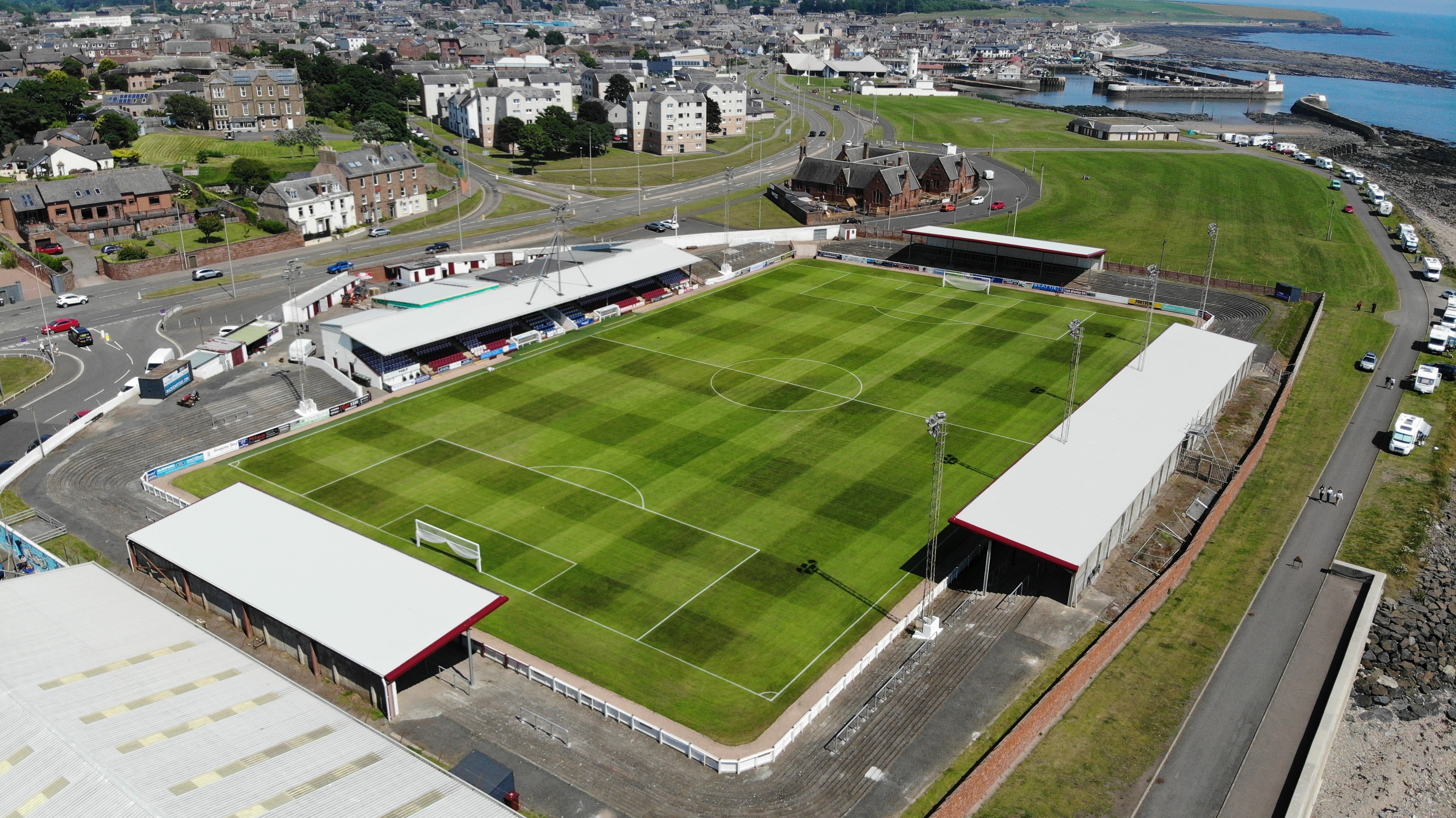
Arbroath
Capacity 6,600
Opened 1880
Bring a coat... and your appetite. Arbroath is famous for its ‘smokies’ – a local delicacy made from haddock. The fish is salted overnight before being tied in pairs to dry, then hung in a special barrel.
DID YOU KNOW? Gayfield is believed to be the closest ground to the sea in Europe, meaning a howling wind from the North Sea. Brrrrrr!
76. Ashton Gate
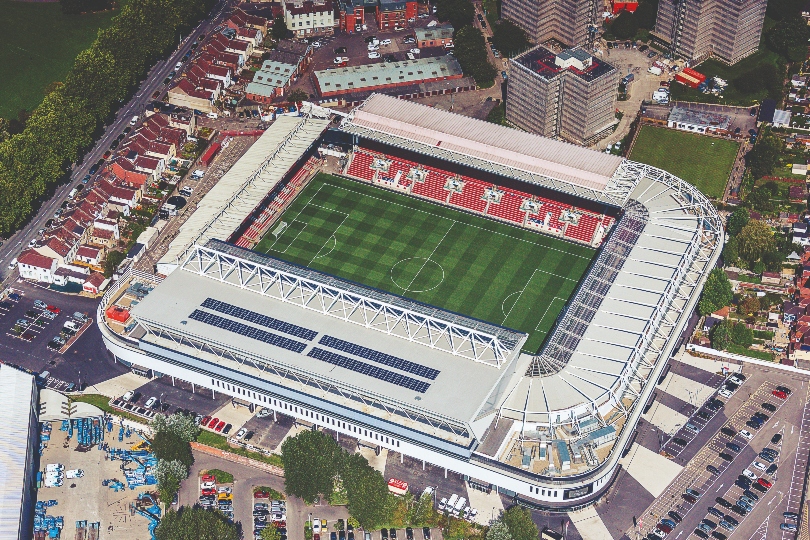
Bristol City
Capacity 27,000
Opened 1887
Situated in the foreground of rolling Bristolian hills and the Clifton Suspension Bridge, Ashton Gate is a sleeping giant. Its 27,000-capacity is rarely full but the acoustics are excellent – often amplifying dedicated chants to drinking cider.
WEIRDEST FEATURE When you’re a first-time visitor and realise that at full-time, yes, that is the Wurzels that they’re playing.
75. Twerton Park
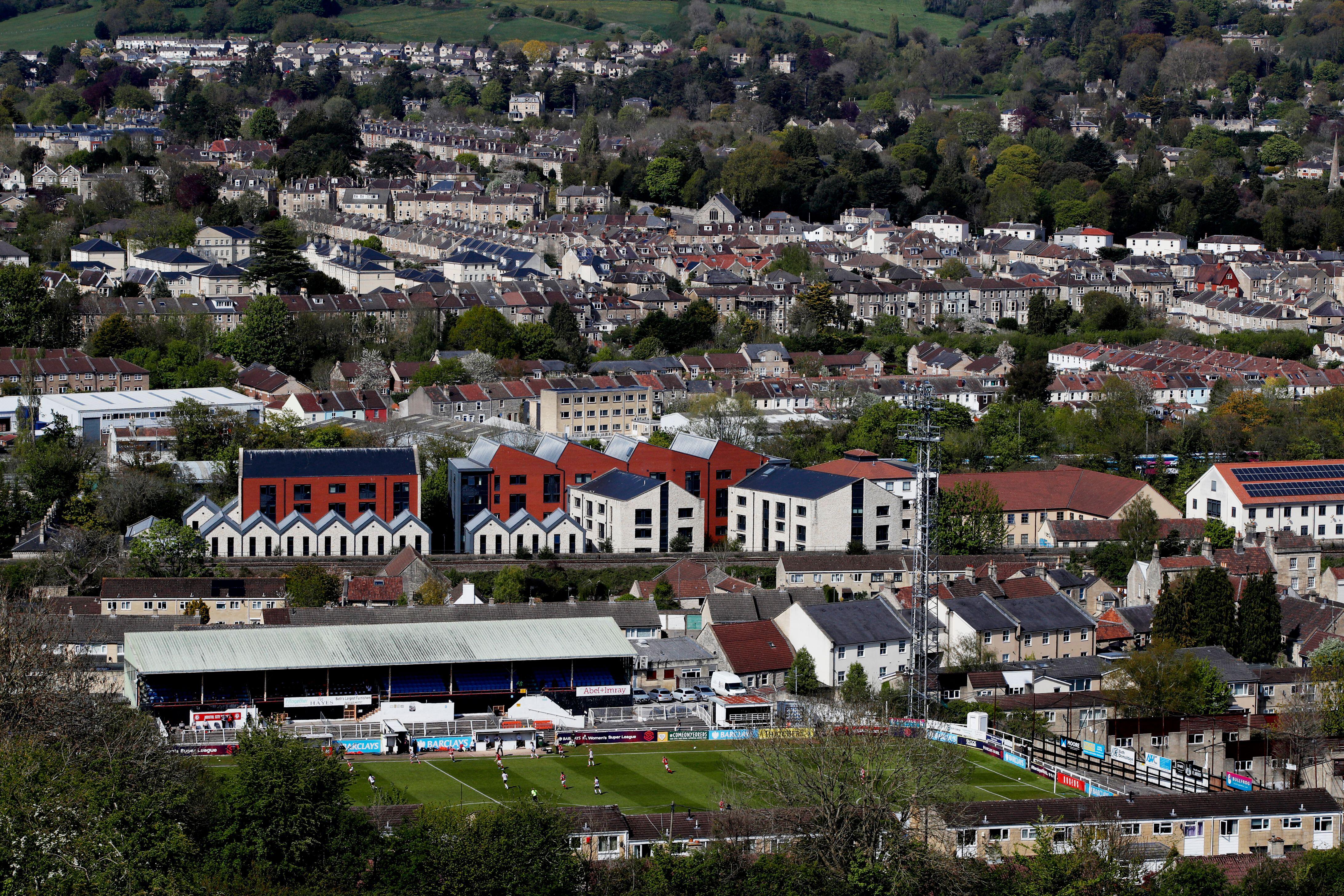
Bath City
Capacity 3,528
Opened 1909
If you like character, you’ll probably like Twerton Park, with its combination of open terraces, main stand in a faded shade of green and backdrop of rolling hills. They don’t build ’em like this anymore.
WEIRDEST MOMENT Bath offered the naming rights via a £50 raffle in 2012, raising some £8,350 for the club… and a few ‘unsuitable’ suggestions. Luckily, charity The Mayday Trust won.
74. Balmoor Stadium
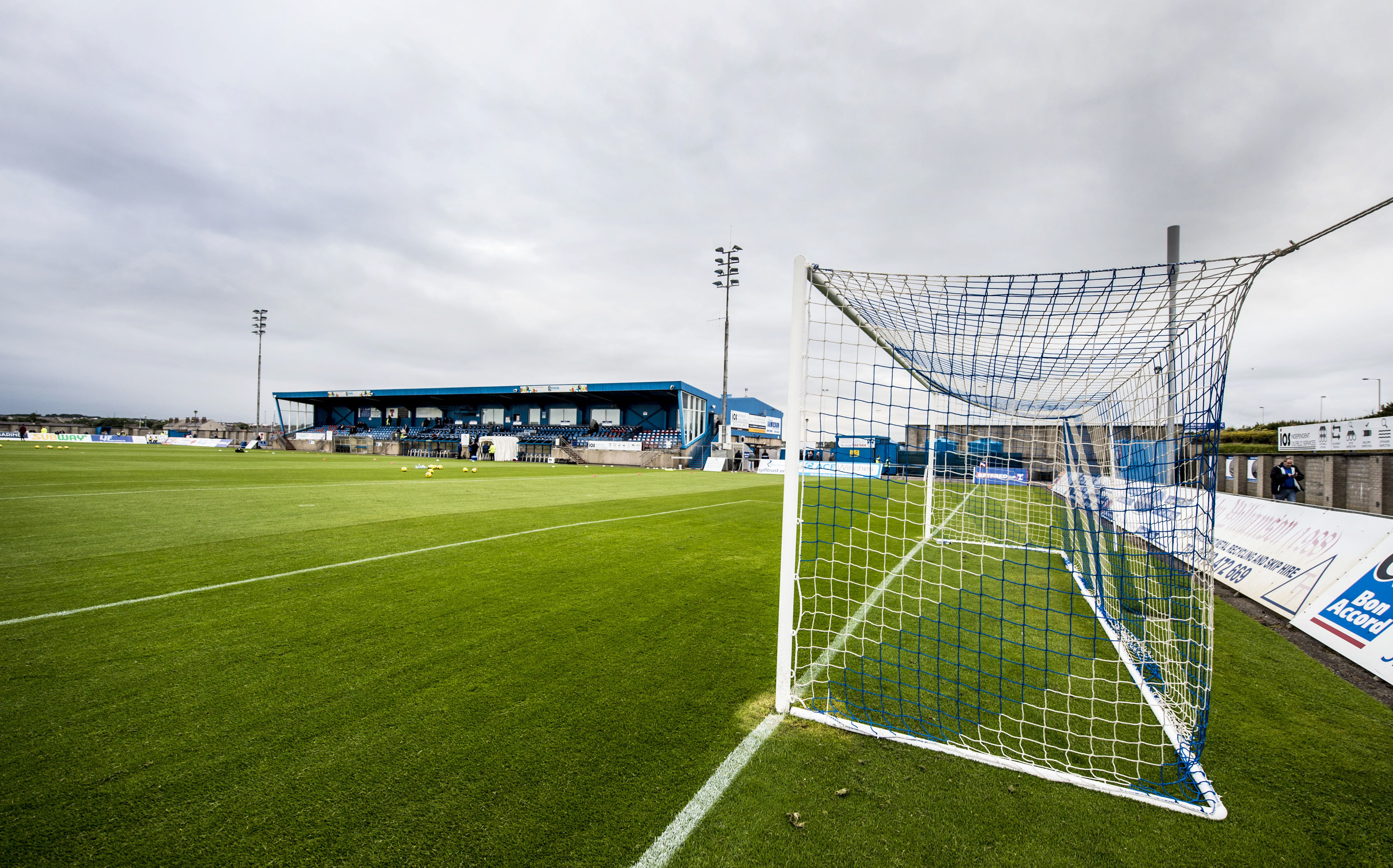
Peterhead
Capacity 4,000
Opened 1997
Balmoor’s a great away day, but best take your car – the nearest station is 32 miles away. Fish pie is a staple in this notorious port town, though fans had better huddle up: the North Sea wind is a bit nippy...
DID YOU KNOW? Long-serving midfielder Simon Ferry became an attraction in his own right thanks to his exploits on the popular Open Goal YouTube channel.
73. Vitality Stadium
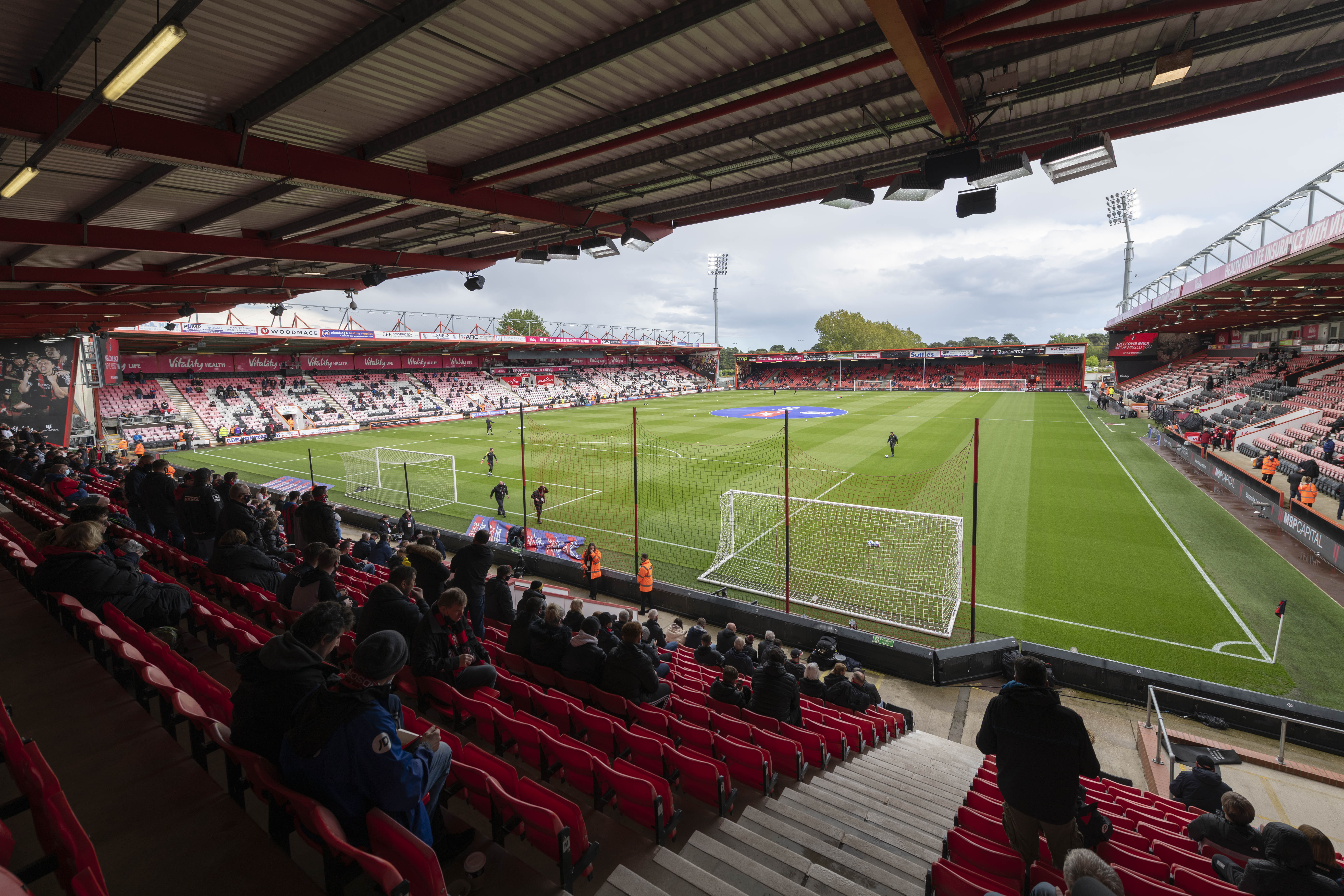
Bournemouth
Capacity 11,364
Opened 2001
Dean Court was rebuilt two decades ago and has seen Bournemouth from bottom to top – and with fans so close to the action, it’s had a huge part to play in their rise.
WEIRDEST MOMENT 20 minutes of serenading new signings Juan Iturbe and Benik Afobe against West Ham in January 2016, set to ‘La Bamba’ and split into two choral sections.
72. Riverside
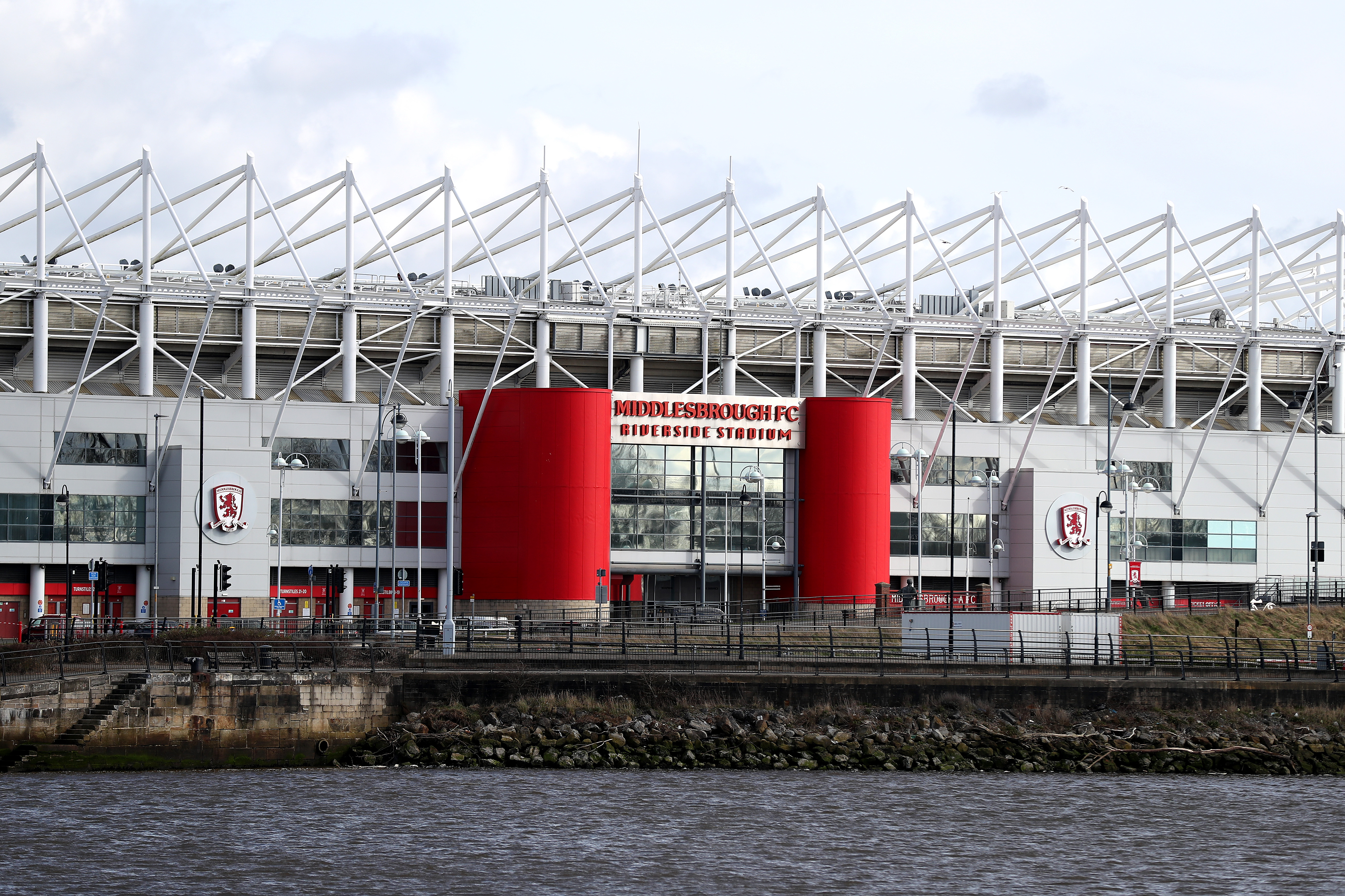
Middlesbrough
Capacity 35,742
Opened 1995
Its side is a nod to Middlesbrough’s industrial past. Perhaps the Riverside looks best at night, the lights reflecting in the water – and it surely shone brightest in the evenings of Boro’s run to the 2006 UEFA Cup Final.
BEST FEATURE The gates from the old Ayresome Park, flanked by the statues of Boro greats Wilf Mannion and George Hardwick.
71. Memorial Stadium
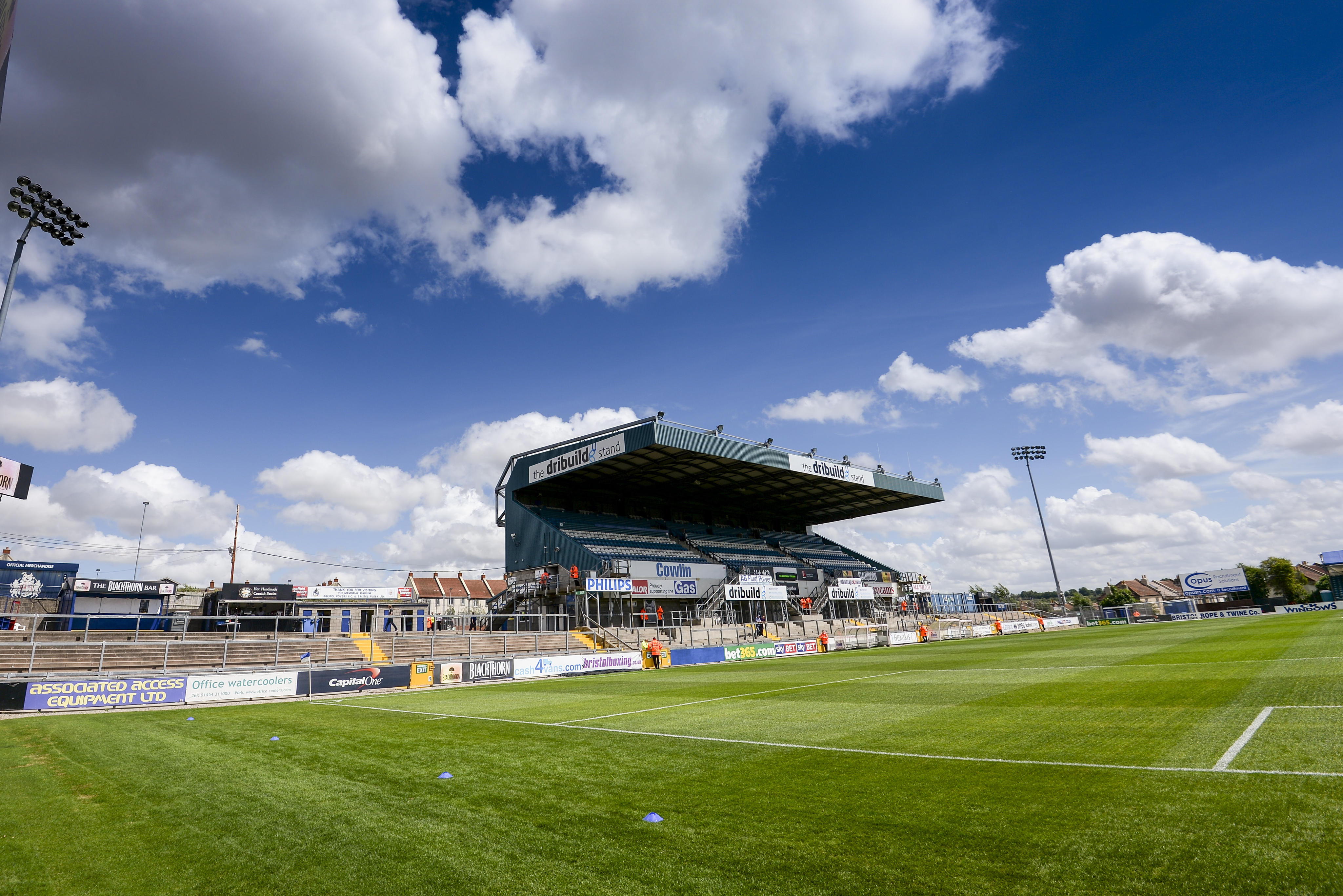
Bristol Rovers
Capacity 11,000
Opened 1921
Many grounds don’t have one memorable stand. The Memorial has two. The blue East Stand rises high above the rest of the ground, while the lighter West Stand looks more like a cricket pavilion.
DID YOU KNOW? It’s built on Buffalo Bill’s Field, where William Cody – one of the legends of the Wild West – once staged a show.
70. Caledonian Stadium
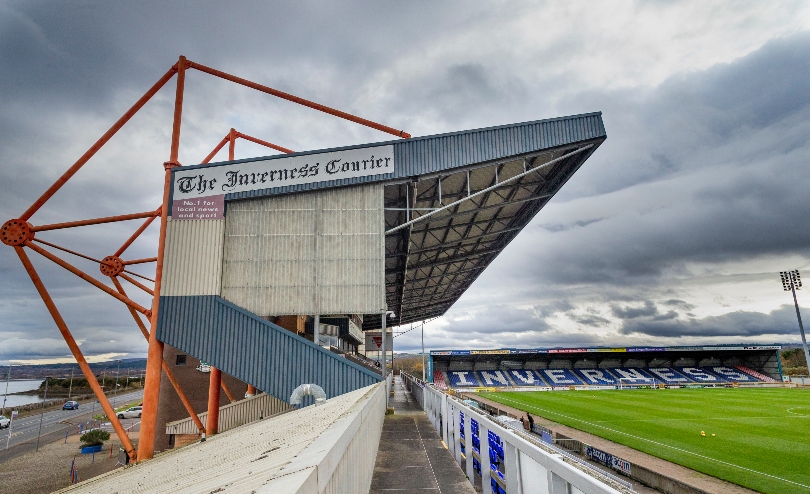
Inverness Caledonian Thistle
Capacity 7,512
Opened 1996
It’s a long old poke for pitiful pub options, but… that view. Caley’s stadium lies on the banks of the picturesque Moray Firth, well known for its population of dolphins, while the away end offers a glimpse of the Kessock Bridge.
DID YOU KNOW? The stadium doubled up as a drive-in cinema during the pandemic – with screenings of Braveheart, Grease, Joker and Toy Story.
69. New Manor Ground
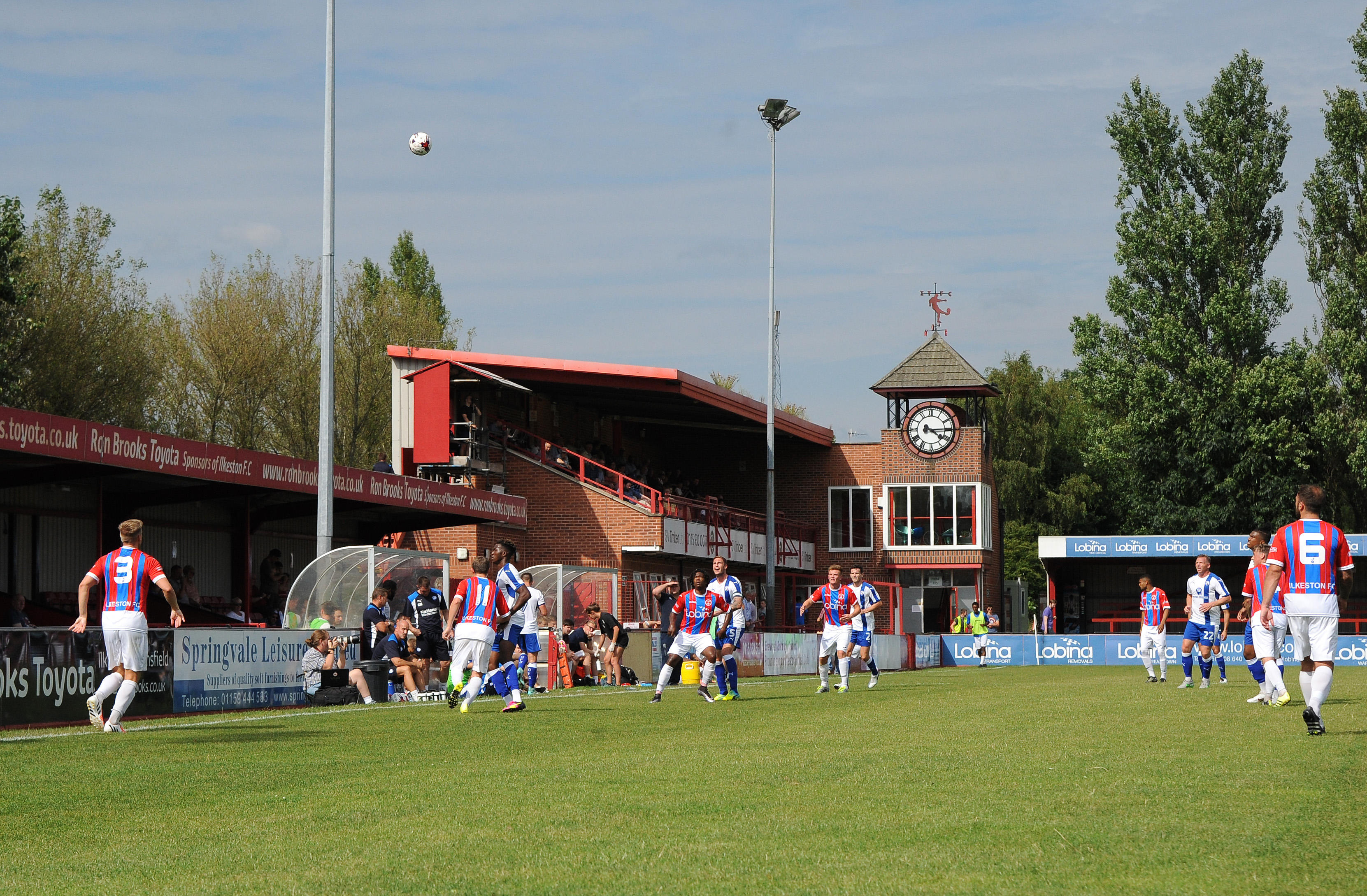
Ilkeston
Capacity 3,029
Opened 1991
There have been plans for the New Manor Ground to get newer, with a £2m revamp – making it one of the plushest stadia outside the Football League, while retaining its lovely Clock Tower.
DID YOU KNOW? Ilkeston Town are the second Ilkeston Town to play here. The first folded in 2010, to be followed by Ilkeston FC and now another Ilkeston Town. Right.
68. Loftus Road
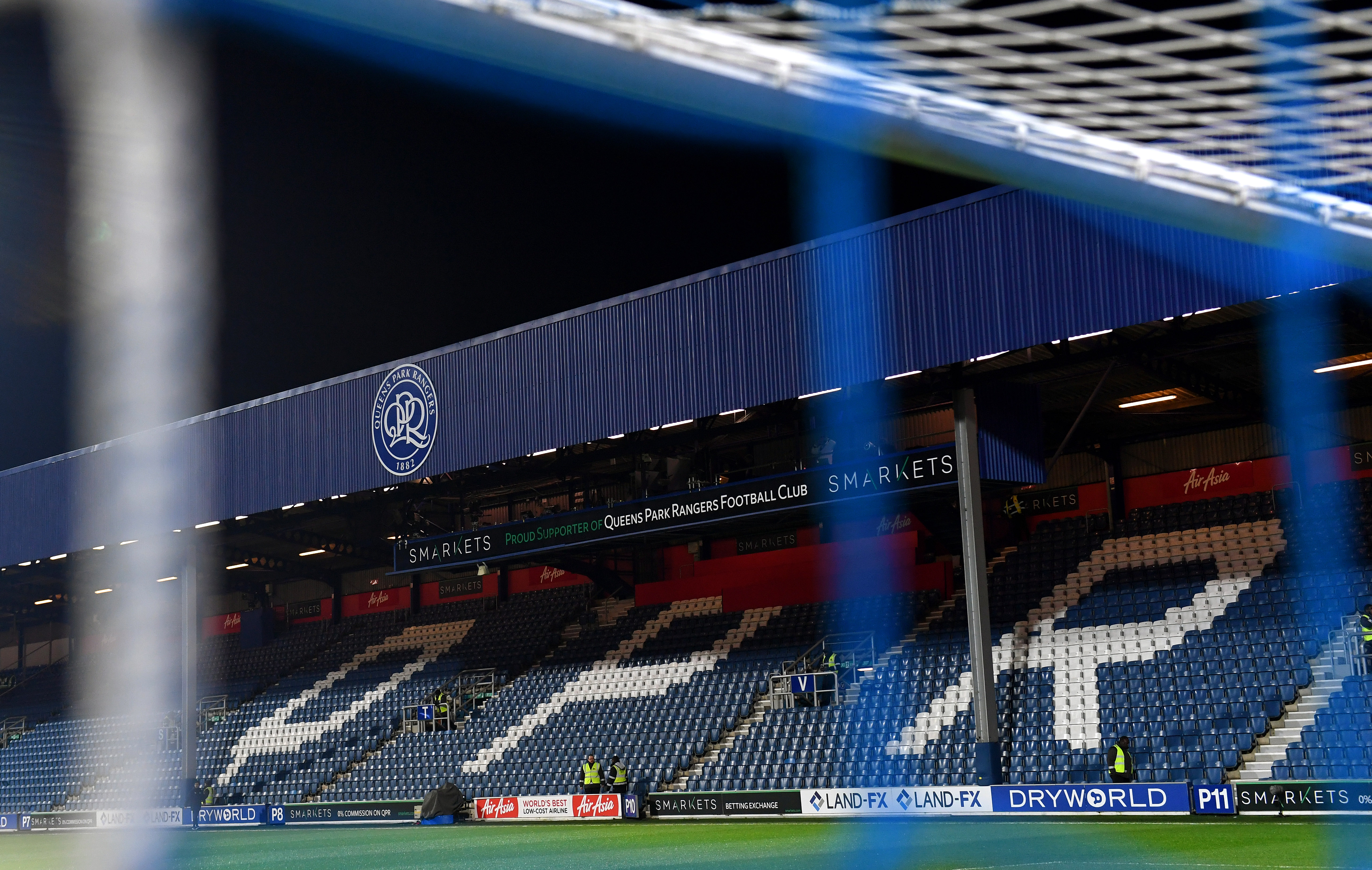
QPR
Capacity 18,181
Opened 1904
The nearby BBC’s default ground for football filming is so tight it’s claustrophobic, with four steep stands shoulder-to-shoulder and looming close over the pitch. That’s not always good for the legroom but it’s great for the atmosphere: the single-tier Ellerslie Road is small but vociferous, while the two-tier Loft end sucks the ball in.
BEST FEATURE That it was officially named after the Kiyan Prince charity for a period.
67. Turf Moor
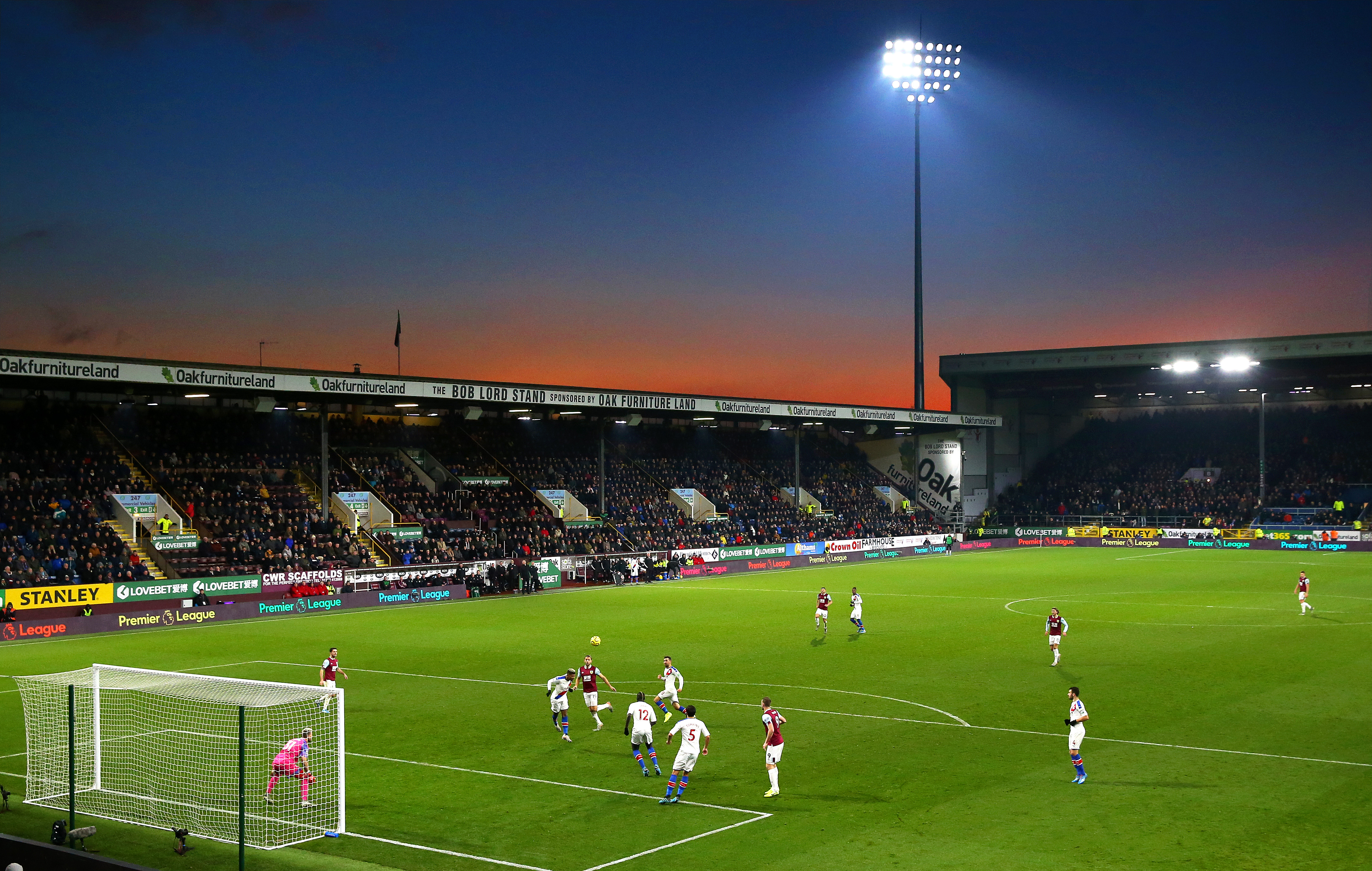
Burnley
Capacity 21,944
Opened 1883
Travel back in time to a ground older than the Football League, boxed in by terraced houses and with views of industrial chimneys and Pennine hills. The noise can be a reminder of earlier eras, too.
DID YOU KNOW? The cameras were banned from Turf Moor by dictatorial former chairman Bob Lord, who thought television coverage was bad for football.
66. Crabble
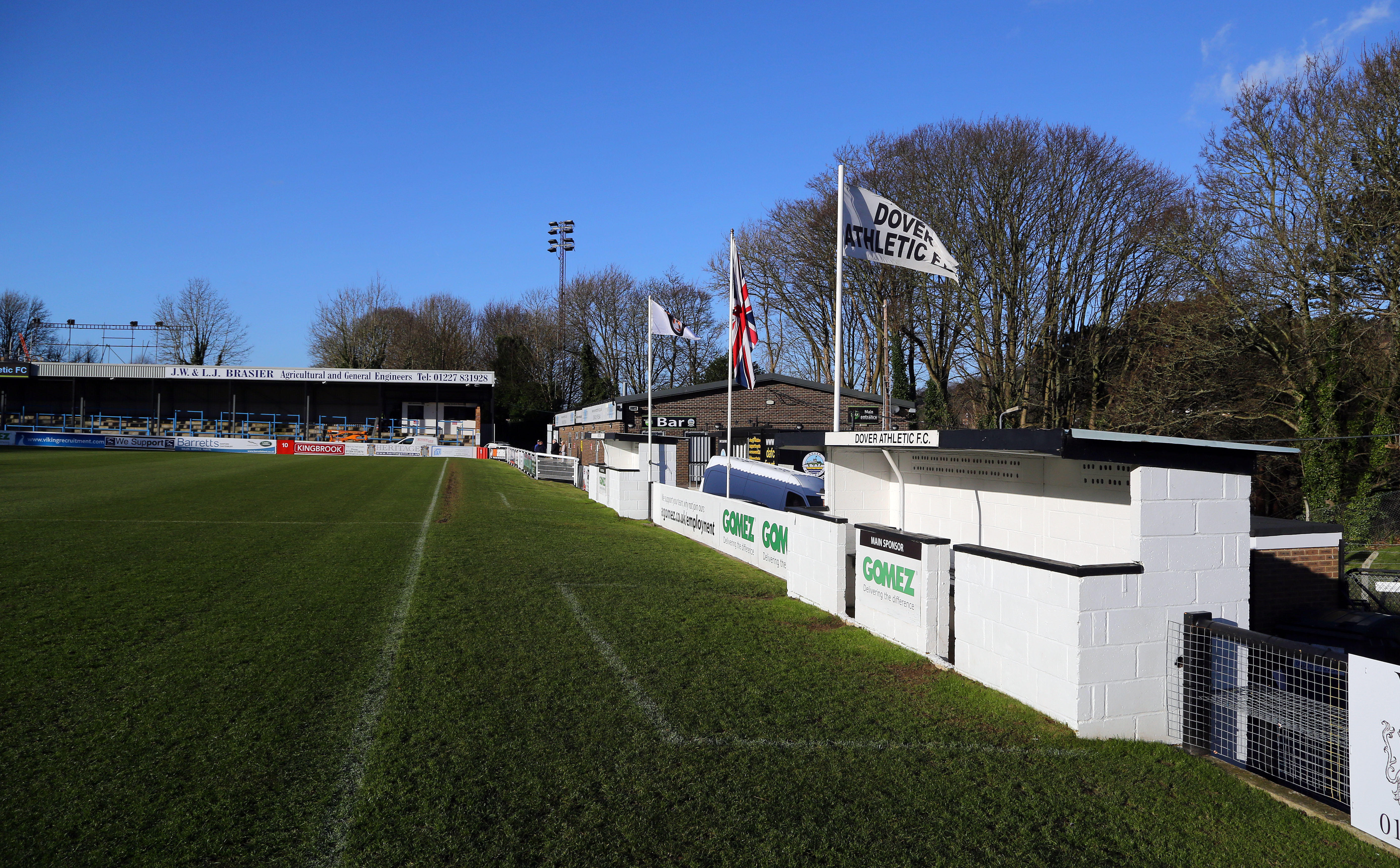
Dover Athletic
Capacity 5,745
Opened 1931
Carved into the side of a hill, its idyllic ‘upper pitch’ setting offers attractive views of the village River below... once you’ve finally got your breath back after a hike up to the turnstiles.
DID YOU KNOW? The adjoining ‘lower pitch’, now used by Dover Rugby Club, hosted more than 100 first-class cricket matches for Kent between 1907 and 1976.
65. Broadhurst Park
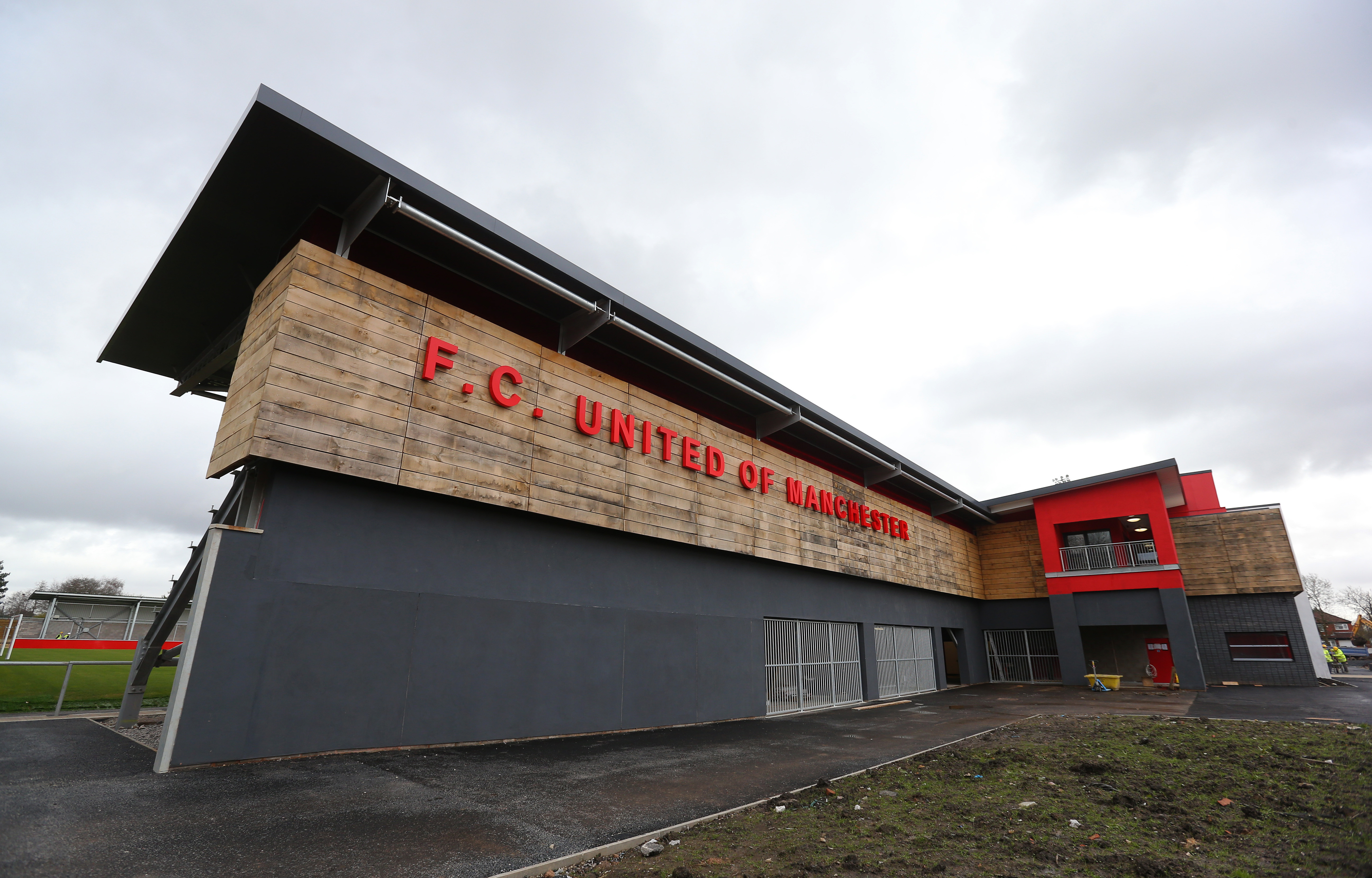
FC United of Manchester
Capacity 4,700
Opened 2015
After a long-term ground-share with Bury, FC United moved into their own gaff in 2015. From the outside, it resembles a new-build tertiary college, but inside it’s a brilliantly atmospheric crucible, aided by the inclusion of terraces that replicate the feel of the old pens at Old Trafford.
DID YOU KNOW? The first official match here was between FC United and Benfica B, on the anniversary of the 1968 European Cup Final.
64. Selhurst Park
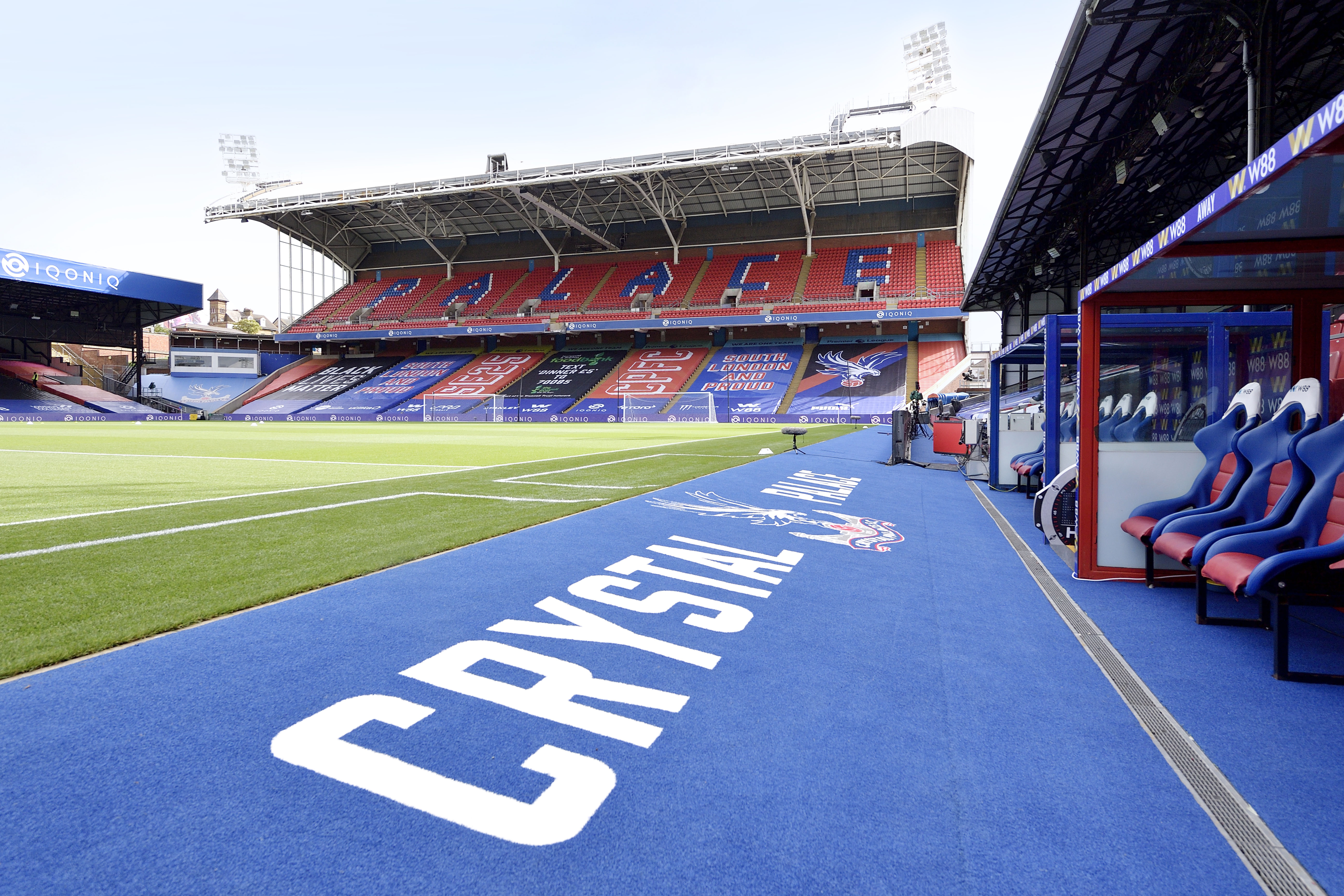
Crystal Palace
Capacity 25,486
Opened 1924
Nobody could claim Selhurst is a beauty – not even the home fans who pack it out and threaten its ageing rafters with songs and drumbeats every fortnight. Certainly not the away fans in the 1969 Arthur Wait Stand, which is far from fabulous at 50. But the heady atmosphere and urban setting contribute to a stirringly different type of matchday.
BEST FEATURE England’s best tifosi.
63. Princes Park
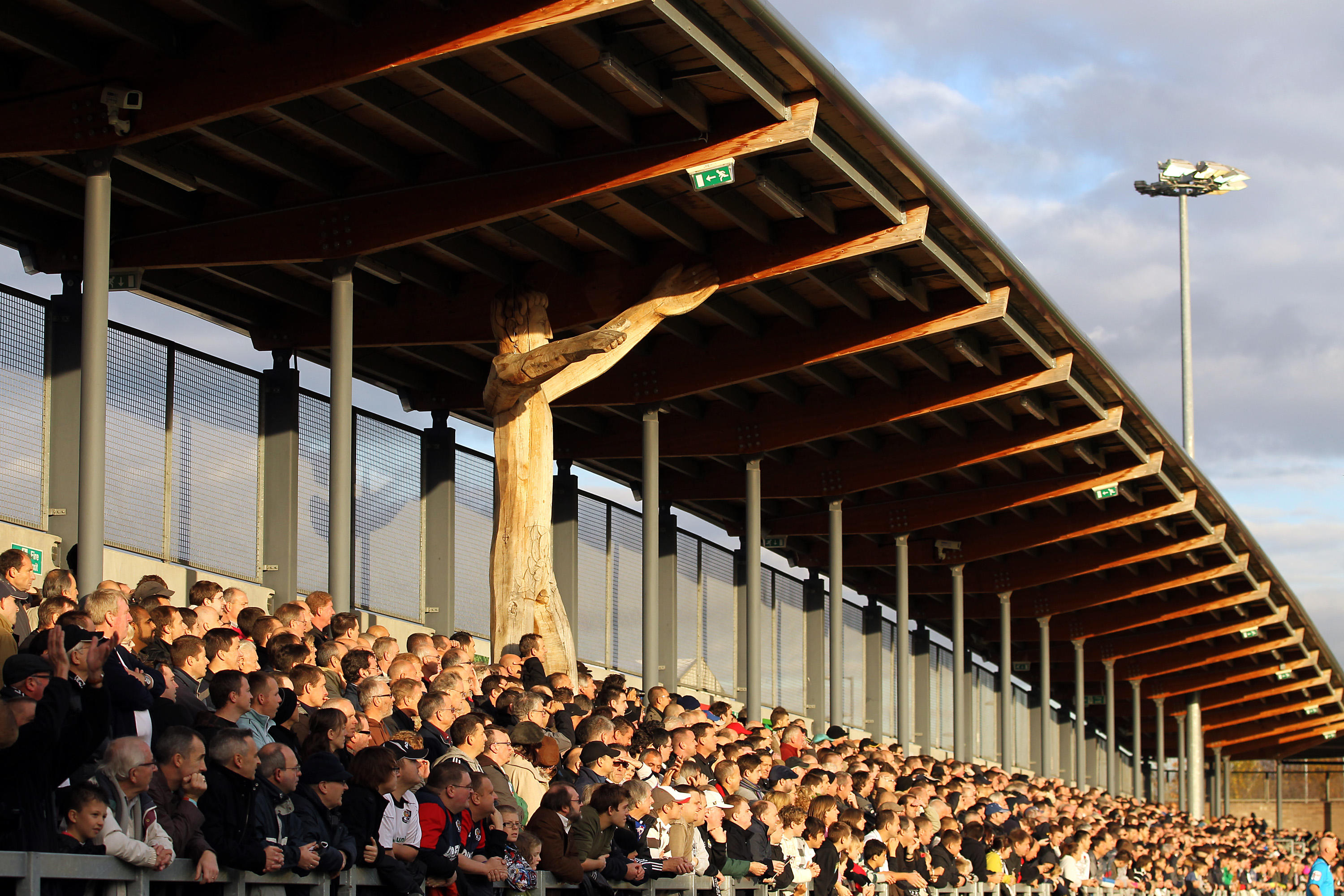
Dartford
Capacity 4,100
Opened 2006
Modern? Yes. Dull and conventional? Absolutely not. Dartford boast one of Britain’s most eco-friendly grounds, featuring solar panels, a water recycling system, grassy ‘living roof’ and timber beams. Surely the gold standard for new non-league ground design.
BEST FEATURE Dartford were never crowdless amid COVID – their towering Oak Man in the stands is always there lending his support.
62. St Andrew's
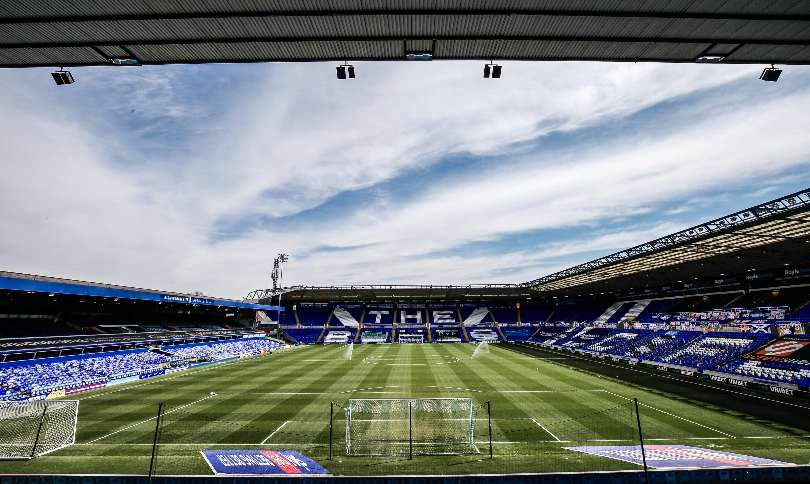
Birmingham City
Capacity 29,409
Opened 1906
A ground to suit the club. Shinier and newer stadia have more pretensions of grandeur, but St Andrew’s is in the heart of a community and a working-class fanbase can produce a rousing atmosphere.
WEIRDEST MOMENT Former Birmingham manager Barry Fry urinated on all four corner flags to lift a gypsy’s curse on the ground. Or that was his excuse, anyway.
61. Oakwell
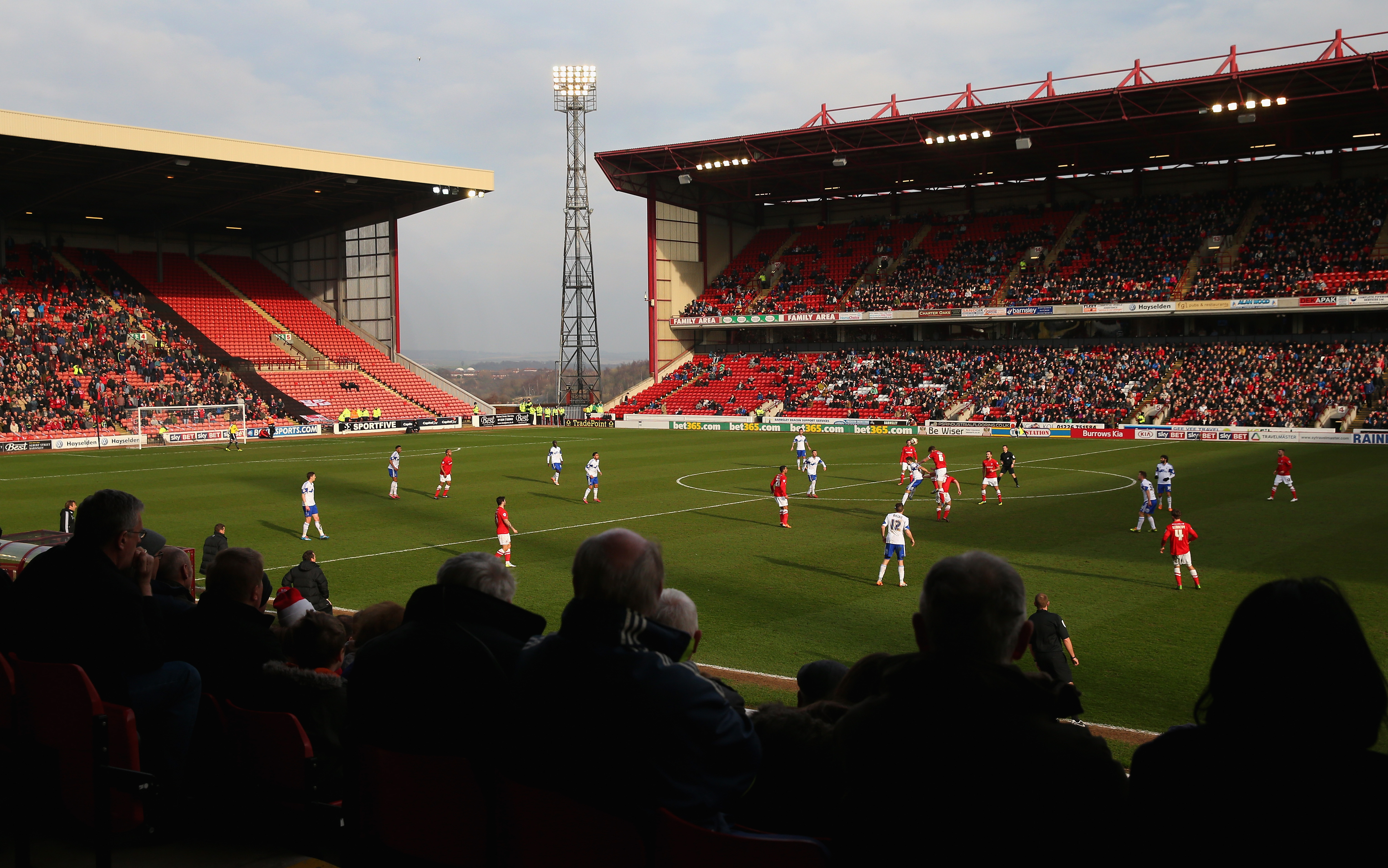
Barnsley
Capacity 23,287
Opened 1888
An extra layer is advised to ward off those sharp-toothed winds at this classic cathedral of South Yorkshire football. And do keep your eyes peeled for a glimpse of the club’s former poet-in-residence – the season-ticket-holding broadcaster Ian McMillan – waxing lyrical in the tea queue come half-time.
DID YOU KNOW? In 2008, Manchester City played a home UEFA Cup tie at Oakwell.
Current page: The 100 best football stadiums in Britain: 80-61
Prev Page The 100 best football stadiums in Britain: 100-81 Next Page The 100 best football stadiums in Britain: 60-41
Chris joined FourFourTwo in 2015 and has reported from 20 countries, in places as varied as Jerusalem and the Arctic Circle. He's interviewed Pele, Zlatan and Santa Claus (it's a long story), as well as covering the World Cup, Euro 2020 and the Clasico. He previously spent 10 years as a newspaper journalist, and completed the 92 in 2017.
